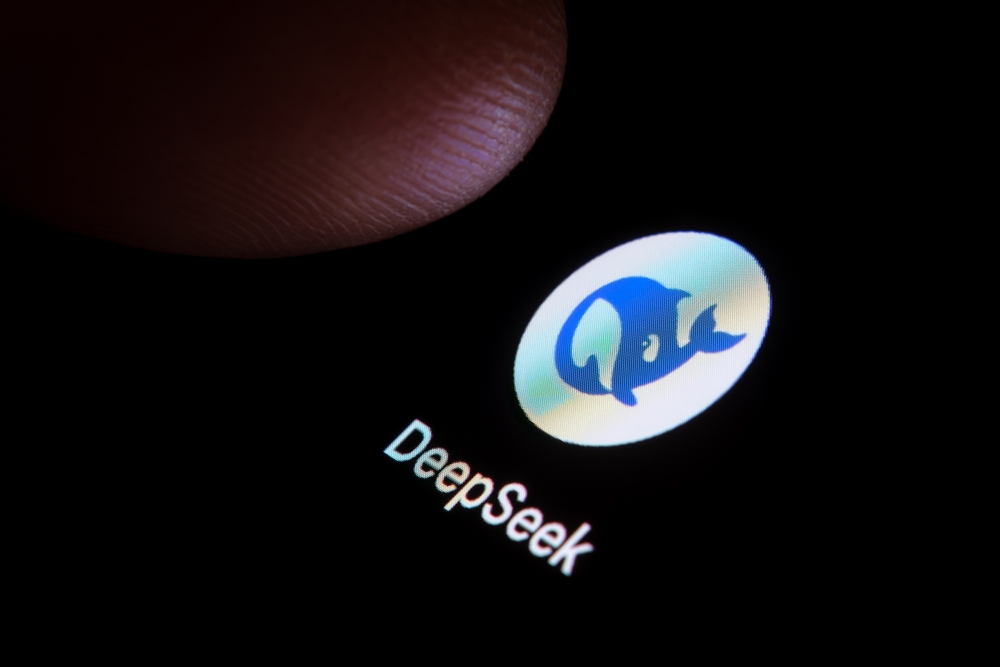What is DeepSeek?
DeepSeek is a free AI-powered chatbot that functions similarly to OpenAI’s ChatGPT. It is designed for tasks such as answering questions, summarizing texts, and assisting with coding. Reports suggest that DeepSeek’s capabilities rival OpenAI’s latest o1 model, particularly in mathematical reasoning and coding.
Unlike some Western AI models, DeepSeek is programmed to avoid politically sensitive topics. When asked about events like the Tiananmen Square massacre, the chatbot declined to provide details, reflecting the Chinese government’s stringent censorship policies. While this may limit its global reach, DeepSeek’s base model appears to be well-trained on high-quality data, with an additional layer of filtering applied to enforce restrictions.
Another remarkable aspect of DeepSeek’s development is its low cost. While OpenAI’s CEO Sam Altman has suggested that training GPT-4 required over $100 million, DeepSeek’s researchers claim their model was trained for just $6 million. Founder Liang Wenfeng reportedly stockpiled Nvidia A100 chips before the U.S. banned exports to China, allowing DeepSeek to optimize performance by pairing them with cheaper, less advanced hardware. This was later disproved and total costs spent on DeepSeek are now estimated to be over $1 billion.
The Man Behind DeepSeek
DeepSeek was founded in December 2023 by Liang Wenfeng, a relatively unknown entrepreneur who has now become a key player in the AI world. A graduate of Zhejiang University with degrees in electronic information engineering and computer science, Liang previously made his mark in quantitative trading. His hedge fund, High-Flyer, was the first of its kind in China to raise over 100 billion yuan ($13 million).
Liang has been vocal about China’s need to transition from following Western AI developments to leading them. In a rare interview, he stated, "Often, we say there’s a one or two-year gap between Chinese and American AI, but the real gap is between originality and imitation. If this doesn’t change, China will always be a follower."
The Rise of DeepSeek
DeepSeek’s latest version was released on January 20 and immediately gained recognition among AI experts. Within days, it caught the attention of the broader tech industry and quickly became a global phenomenon. Even U.S. President Donald Trump weighed in, calling it a "wake-up call" for American companies, urging them to focus on "competing to win."
What was claimed to set DeepSeek apart from other large AI models was its reported efficiency. The company claims that its model was developed at a fraction of the cost of industry leaders like OpenAI because it requires fewer advanced chips. This breakthrough has reshaped the AI landscape and has put significant pressure on competitors even though the pressure has eased in the following days.

Source: Yahoo Finance
Market Shock and Nvidia’s Historic Loss
DeepSeek’s unexpected breakthrough has triggered a wave of uncertainty in the U.S. tech sector. The implications of DeepSeek’s success have been the strongest for the semiconductor industry. The important day was January 27th, when the chip-making giant Nvidia experienced an unprecedented $600 billion loss in market value in a single day—the largest one-day loss in U.S. stock market history and plunged 17% before rebounding slightly. The company, once the world’s most valuable by market capitalization, fell to third place behind Apple and Microsoft, with its market value shrinking from $3.5 trillion to $2.9 trillion. The Nasdaq fell more than 3%, with chipmakers and data centers experiencing widespread losses.
This also raised questions about the future of AI hardware development, as DeepSeek’s seemingly efficient approach challenged the conventional belief that cutting-edge AI requires the most powerful and expensive chips. Additionally, DeepSeek’s rapid rise cast doubt on Washington’s strategy to curb China’s technological advancements, particularly through restrictions on the export of high-end chips to Beijing. Despite these measures, China has accelerated its AI development efforts, with President Xi Jinping reaffirming AI as a top national priority.
The turmoil didn’t just affect corporations; some of the world’s wealthiest individuals also saw their fortunes take a hit. Nvidia CEO Jensen Huang lost $20.7 billion in net worth, pushing him down from 10th to 17th place in the global wealth rankings. Other major tech figures, including Oracle’s Larry Ellison and Google co-founders Larry Page and Sergey Brin, also experienced significant losses. In total, the world's 500 richest people lost a combined $108 billion in a single day.
What’s Next for DeepSeek?
As DeepSeek continues to make waves, its long-term impact remains uncertain. The company’s rapid rise demonstrates that China is more than capable of producing world-class AI models, even with restrictions on cutting-edge chip exports. However, questions about its censorship policies, potential security risks and trustworthiness remain.
One thing is clear: DeepSeek has already left its mark on the AI industry and global financial markets. Its arrival boosted competition from which can benefit both consumers and producers. Whether DeepSeek will sustain its momentum or face regulatory and competitive roadblocks remains to be seen. Either way, the AI landscape has been forever changed by this Chinese New Year surprise.


